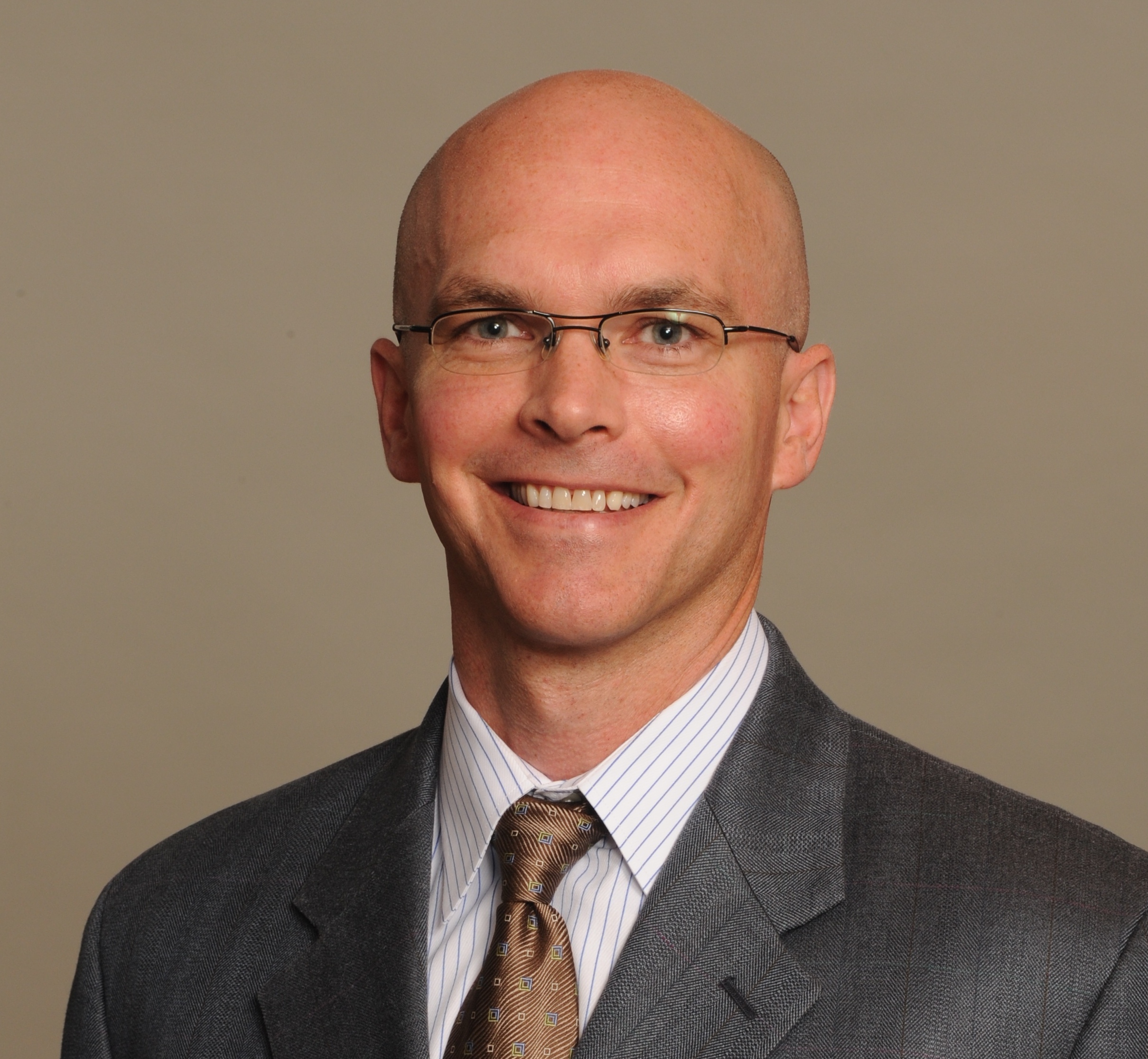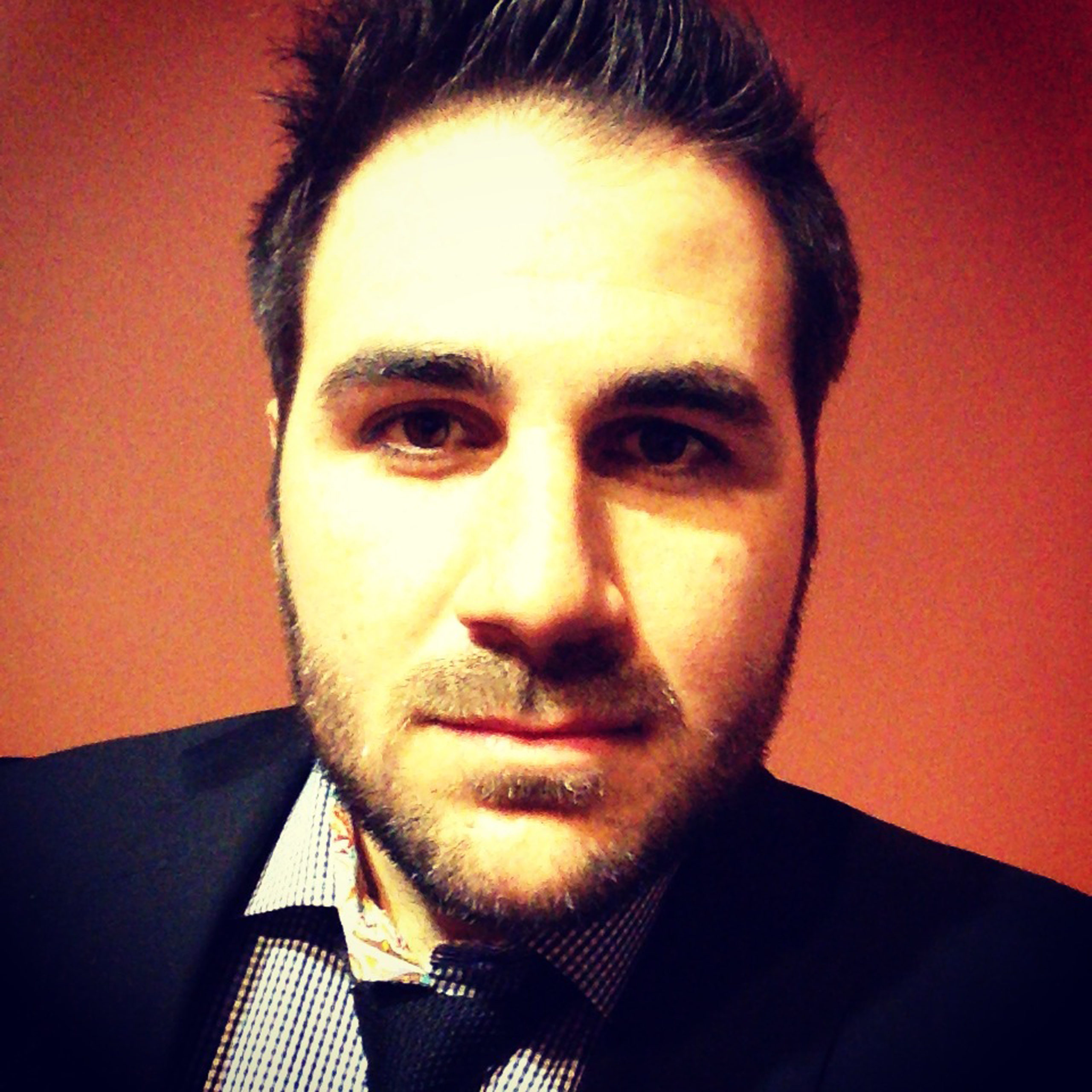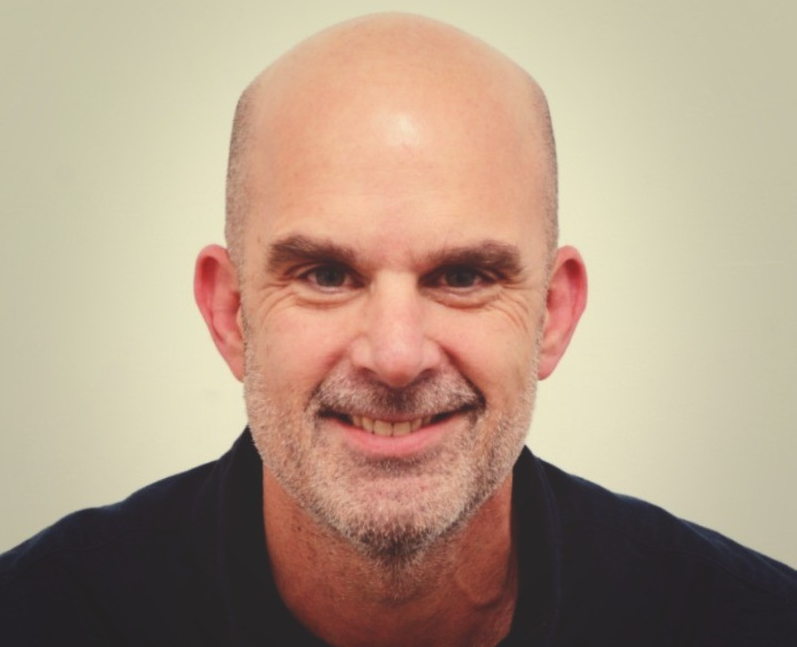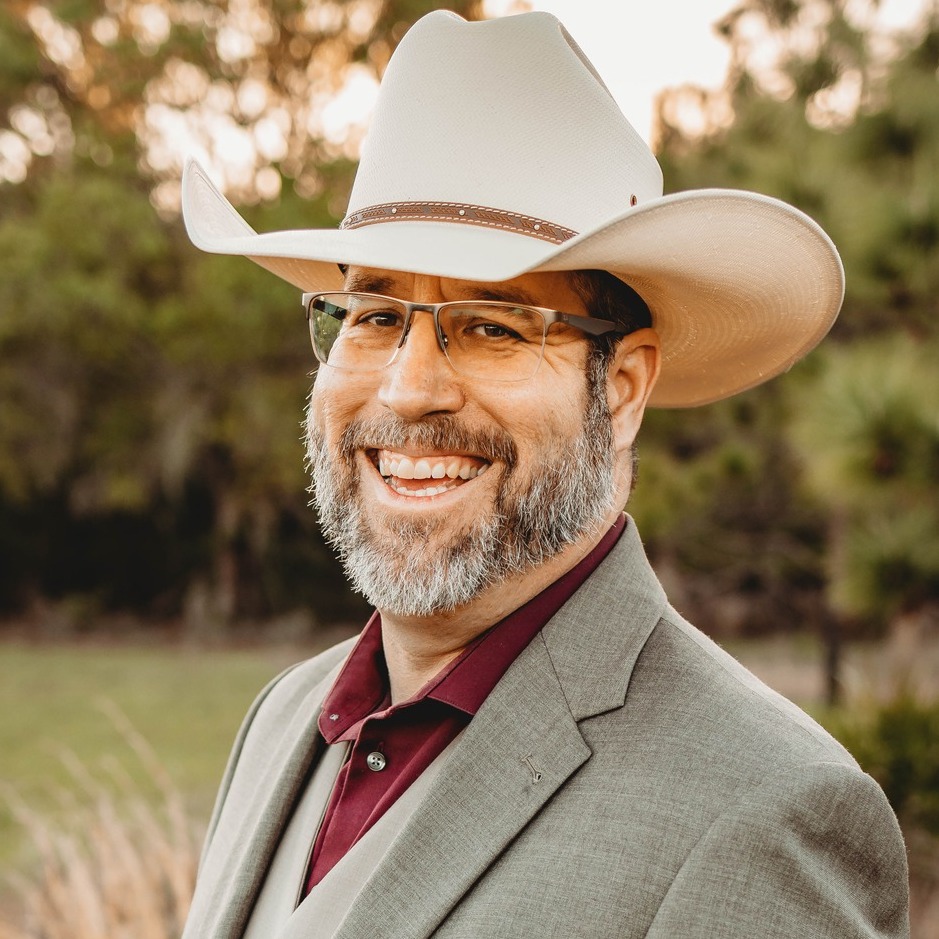 By Chris Folayan, founder and CEO, MallForAfrica
By Chris Folayan, founder and CEO, MallForAfrica
Doing business internationally is almost essential to obtain a larger market, so if you want to see significant growth in your business, looking internationally is certainly the way to go. In order to successfully expand your business into other countries, you need to have a global mindset. Do not assume your customers are only in the U.S. or only in your state. If you have a good product that can be used abroad by someone, you have a global product offering.
How To Run A Successful International Business
In order to run a successful international business, you have to be well versed in the day-to-day operations as well as all third party factors that affect your business. Make sure you are up-to-date on everything—from political climate, to foreign exchange, to changing laws and the entire socio-economic platform for each country you are in or plan on operating in. To be successful in any international market means you have to have your finger on the pulse of all these things and see how they relate to your business growth. At MallforAfrica, we have custom-built our international communications software to allow everyone to communicate seamlessly with each other, globally. Overseas operations are also centralized—we have a customer service command center where everything passes through. By having a physical presence in each country we do business, it is easy to gauge the needs of our customers and staff.
How To Choose Which Markets To Expand Into
We choose the international markets we move into based on socio-economic elements, government rules and regulations, and population/economic growth based on standards of living. We also look at the market’s demand for quality product.
When choosing which countries to expand into, keep an open mind. Working with any country that has a bad reputation is not easy, but it isn’t impossible. In our case, Africa has been glazed with negative stories and controversies. The idea of shipping to Africa and dealing with incorrect delivery, foreign exchange rate changes, duties, fraud and a great deal more has caused companies to overlook Africa. In fact, companies like Target and JCPenney have blocked Africans from even viewing their sites. MallforAfrica, however, takes care of all the issues listed above, and many more, for the retailer. Plus, by working with Africa, we are reaching out to a continent filled with over one billion people, and one which houses six of the top ten fastest growing economies in the world.
How To Face Language Barriers
MallforAfrica is currently servicing Nigeria. We are expanding into Kenya and Ghana this year, with the rest of Africa to follow. As MFA expands throughout Africa, we will have the challenge of French-speaking African countries. When we get to that point, we will introduce another version of our software in French, and provide a dedicated email address for French-speaking customers. Whenever we start servicing a French-speaking country—or any new country, for that matter—we will have a local customer care office with customer service reps that speak the native language.
Working With Countries That Have A Negative Stigma Or Reputation
MFA’s challenges have included culture, expectations and legitimacy. For most people, scam artists come to mind when they think of Nigeria. Furthermore, they tend to associate poverty with Africa. Both are far from the truth. Nigeria is one of the fastest-growing countries in the world in terms of GDP, economics and population. With over one billion people and some of the fastest-growing economies, Africa is a wealthy continent, not one solely filled with scam artists. These stereotypes have been a challenge and a barrier in many cases; these stereotypes have been engraved in the minds of foreign companies like Target, Kohl’s, and JCPenney, who are simply not open to doing business in Africa. Not only is this a challenge, it is somewhat of an insult. If you have multi-billion dollar companies who have such a mindset, it is difficult to open up a true global economy and increase revenue to the U.S. online retail market.
MallforAfrica has had to combat fraud on two fronts—thoughts of being seen as a fraudulent company locally by people in the region, as well as being seen as a fraudulent company by international brands we would like to partner with. In order to take away that stigma and ease any concerns, we’ve built partnerships with credible third party companies such as banks. Building such a partnership helps legitimize our reputation. In the U.S., we have also used our impressive sales track record to prove to retailers that we are legitimate.
Another way to show your company is legitimate is having a well-developed and informative website. Be sure to include links to your social media accounts, easily accessible contact information, and imagery and text that show you are open for international business. Also, consider having your site available in multiple languages based on the countries you are thinking of targeting.
# # #
Chris Folayan has over 15 years of experience in marketing, technology development and acquisition roles in various high-tech companies and startups. Prior to MallforAfrica, Chris was the founder and CEO of OCFX Inc., a globally recognized, award winning software and web design agency. Chris managed global relations with clients in over 50 countries and multi-million dollar projects.
Chris graduated from San Jose State University in the heart of Silicon Valley with a bachelor’s degree in Marketing.










